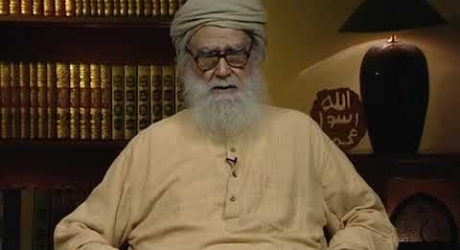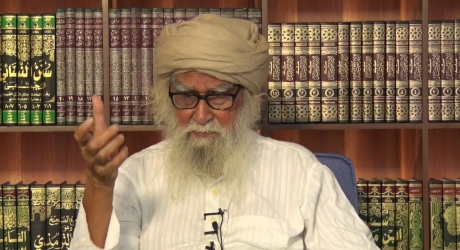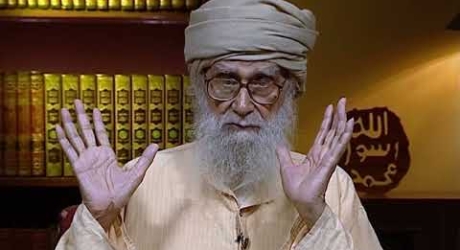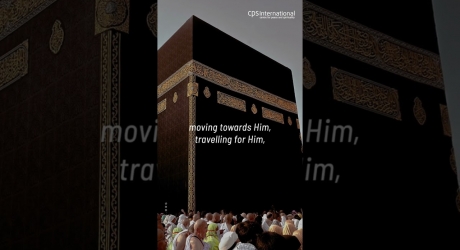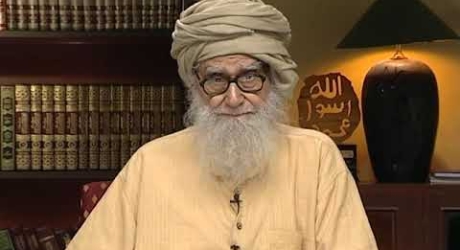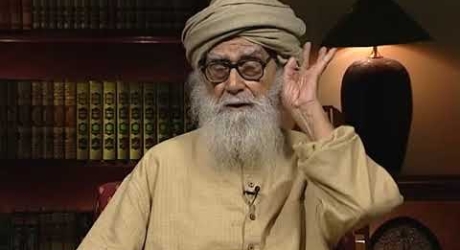In a verse about Hajj, the Quran says:
The pilgrimage is in the appointed months. Whoever intends to perform it during them must abstain from indecent speech, from all wicked conduct, and from quarrelling while on the pilgrimage. Whatever good you may do, God is aware of it. Make provision for yourselves—but surely, the best of all provision is God-consciousness. Always be mindful of Me, you that are endowed with understanding. (THE QURAN 2: 197)
Hajj, for the Arabs, was an ethnic festival, not an expression of the worship of the one God. In pre-Islamic times, Hajj was associated with all sorts of practices that are characteristic of tribal or ethnic festivals. Islam put an end to these. In this context, the Quran, as the above verse tells us, forbade things like indecent speech, wicked conduct and quarreling during Hajj, things that are forbidden even in ordinary circumstances but which are to be avoided with particular care during Hajj. One major reason for this is that because when an occasion demands travel and a large number of people coming together, the chances of such misbehaviour are greater. If a person is not fully conscious of such matters, it is possible that he may indulge in such activities, willingly or unwillingly. Since Hajj involves travel and a large gathering, such misbehaviour is clearly and explicitly forbidden.
A true believer is one whose life is driven not by lust, but, rather, by a higher purpose. He takes every care not to disobey God in any of his dealings. He abstains from conflict with others. This is how a true believer should always behave, but during Hajj when a person exemplifies these traits, he shows himself to be a true Haji. If he has really imbibed these values of piety that he should possess during Hajj, he will desist from the sort of misdemeanour that above-quoted verse of the Quran refers to. These things destroy piety.





